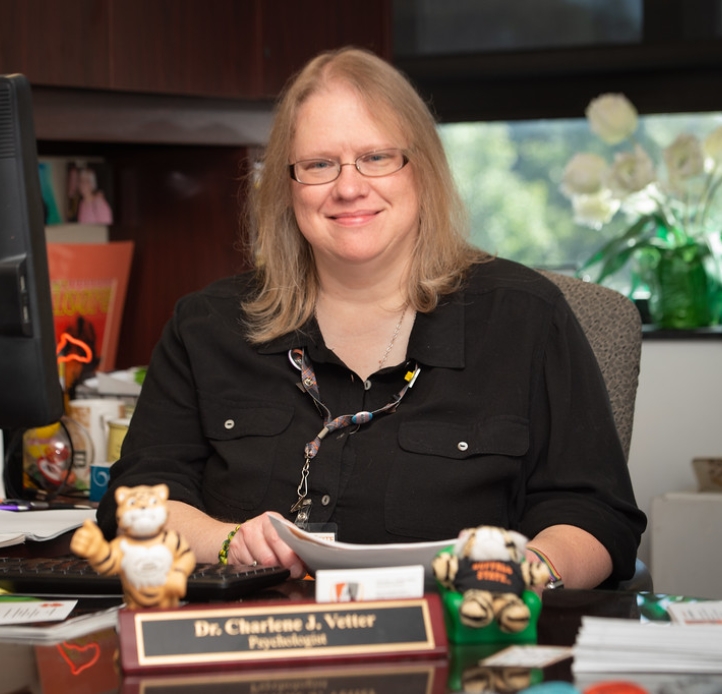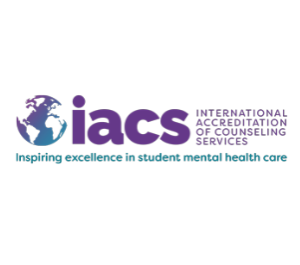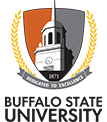About Us
At the Counseling Center, we dedicate ourselves to providing students with support, education, and advocacy for their personal and academic success. We are especially committed to promoting each student's ability to live and work in our diverse society. Through our unique position in the university, we foster the holistic development of students through self-awareness, emotional support, and community involvement.
If you think you could benefit from counseling or mental health services, call (716) 878-4436 and schedule a phone screening to help identify what services could be helpful to you. A first phone screening appointment should be available to you within the week, often the very next day.
The Counseling Center is accredited by the International Association of Counseling Services (IACS).

Welcome to the Counseling Center
From the Clinical Manager
"College is a time of transitions. Whether you are coming to Buffalo State University as a First Year student directly from high school or returning to your education after some time, these transitions can be stressful.
Academic, financial, social, and family stress can impact you and your ability to reach your goals. As an integral part of the SUNY Buffalo State community, The Counseling Center is here to help you achieve personal and academic success."
What Is Counseling?
Counseling can be defined as a relatively short-term, interpersonal, theory-based process of helping students resolve developmental and situational stressors. Some common concerns confronting students include anxiety/stress, low self-confidence, relationship difficulties, self-defeating behaviors, academic problems, sexual identity concerns, and decision-making dilemmas. Call the Counseling Center for a free, confidential consultation.
Confidentiality
We make every effort to keep you informed and involved with the confidentiality of your private health information. Your counselor may consult with other Counseling Center staff about the issues bringing you here, but we need your written permission to talk to anybody else about anything you say here, or even to acknowledge that you have come here. The only times your counselor may need to break confidentiality are: if you imminently intend to harm yourself or someone else; if there is evidence of abuse or neglect of a child or incapacitated person; or if we received a court order for a set of records.

Our accreditation
The SUNY Buffalo State University Counseling Center is fully accredited by IACS, the International Accreditation of Counseling Centers.
From their site: "IACS is the premier leader in setting the benchmark for the full range of professional counseling services on college and university campuses. Through a comprehensive peer review process, IACS confirms the highest standards are being met, validates professional excellence, and distinguishes standout counseling centers with its accreditation seal of approval. Continuing a legacy that dates back to 1949, IACS is committed to advancing quality worldwide, encouraging and working with all centers seeking accreditation."

